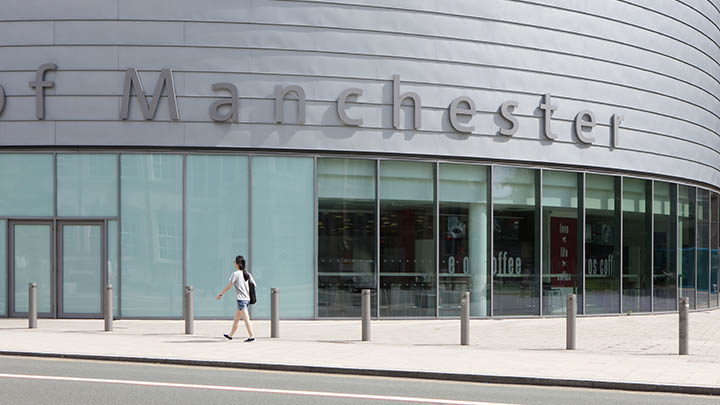
Increase your global influence
Partnerships enable us to have a greater impact on global challenges
The Faculty works with a small number of handpicked institutions to collaborate and achieve shared goals. We aim to make the most of each partner’s unique strengths in order to create impact.
Discover how working with our Faculty can enhance your research and teaching.
On this page:
Research partnerships
A global leader in discovery science and translating this into healthcare for the benefit society
We work with elite biological, medical and healthcare institutions across the globe that share our research interests, approach and commitment.
In return, our partners benefit from collaboration and access to our world-leading research facilities and expertise.
Our strategic partner universities are:
- Chinese University of Hong Kong
- Heidelberg Universitat
- KTH
- Kenyatta University Teaching, Referral and Research Hospital
- Peking University Health Science Centre
- Shanghai Jiao Tong University
- Stockholm University
- Universite de Bordeaux
- University of Ghana
- University of Melbourne
- University of Nairobi
- University of Toronto
International PhD students
Our research partnerships extend to include PhD programmes.
We offer a number of flagship PhD programmes that are open to international research students. We also offer funding through country-specific schemes such as the China Scholarship Scheme, Conacyt, Conicyt, Colciencias, Pronabec and Commonwealth PhD Scholarships.

Teaching partnerships
A thriving international community
The University is home to students from 160 different countries. A third of our students come from outside the UK.
Our vision is to inspire and prepare the next generation of leaders, educators, innovators and researchers within basic biology and healthcare.
We work with our international partners to develop their academic staff and provide their students with the opportunity to train internationally in our subject areas.
There are a number of ways you can work with us to improve your teaching offering:
- Summer schools
- Offer a joint degree
- License our programmes
- Academic and researcher development
Our teaching partners
We are proud to work with leading educational organisations across the world, including:
International summer schools
Give your undergraduate students a unique study experience and the chance to discover Manchester and what it’s like studying abroad.
Four week courses studying biosciences, public health or science communication. Each course is informed by elements of our research and uses the innovative, varied and successful teaching approaches from our undergraduate degrees.

License our programmes
Our professional qualifications are highly regarded worldwide. We have strong processes to translate our curriculum, blending our expertise with each partner’s local knowledge and needs.
We are able to license our undergraduate medicine, dentistry, nursing, midwifery, optometry, pharmacy and speech and language therapy curriculum to your institution, as well as a number of postgraduate taught courses.
Find out more about medical education consultancy and partnerships

Offer a joint degree
Our flexible programmes mean your students can study in Manchester for one or two years, following a period of study at your institution, and receive a dual award.
Students from international partner institutions can undertake shorter exchanges, studying for one semester or completing a short research project.

Meet the team
Find out more about our team members
Professor Keith Brennan
Vice Dean for Internationalisation
Email: keith.brennan@manchester.ac.uk
Tel: +44 (0)161 275 1517
Associate Deans
Professor Qing-Jun Meng
Associate Dean for Internationalisation, Research and Innovation
Email: qing-jun.meng@manchester.ac.uk
Tel: +44 (0)161 306 8912
View Qing-Jun's research profile
Professor Lucie Byrne-Davis
Associate Dean for Internationalisation, Teaching and Learning
Email: lucie.byrne-davis@manchester.ac.uk
Tel: +44 (0)161 275 1856
Dr Ingo Schiessl
Associate Dean for Internationalisation, Staff and Student Mobility
Email: I.Schiessl@manchester.ac.uk
Contact us
Getting in touch
If you are interested in research partnerships, teaching partnerships or international visits and study, or require more information on how we can help:
Email: fbmh.rdi@manchester.ac.uk
